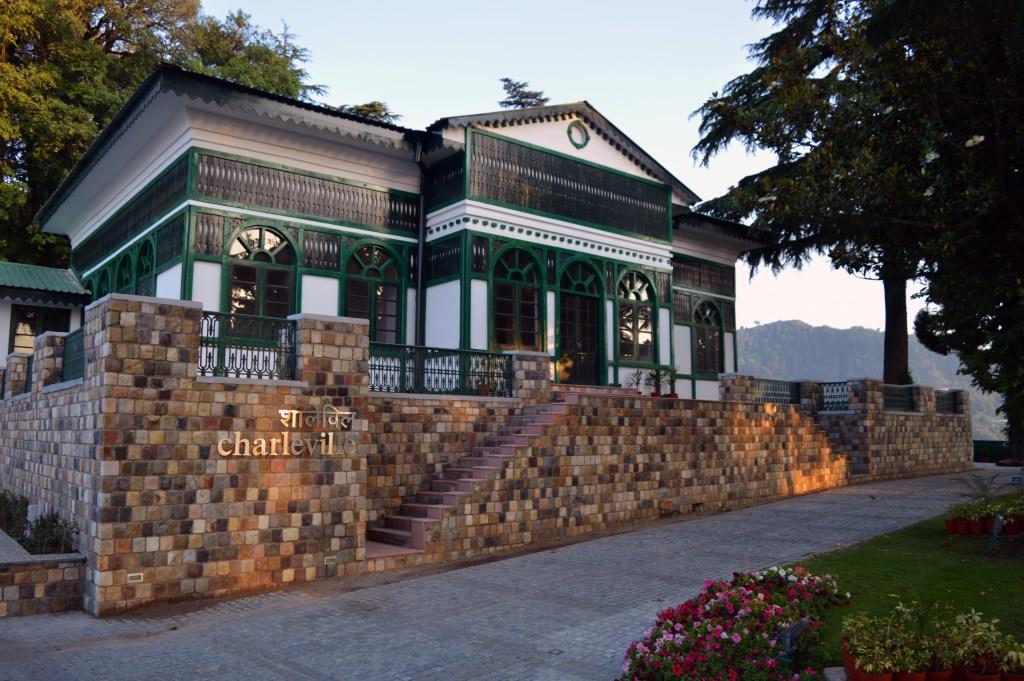In the view of the pandemic, restricting zero hour and question hour by the Parliament of India is not a wise decision. Comment (200 Words)
Refer - The Indian Express
Enrich the answer from other sources, if the question demands.

IAS Parliament 4 years
KEY POINTS
· The Lok Sabha and Rajya Sabha secretariats notified that there will be no Question Hour during the Monsoon Session of Parliament, and that Zero Hour will be restricted in both Houses. Opposition MPs have criticised the move, saying they will lose the right to question the government.
· Parliament has comprehensive rules for dealing with every aspect of Question Hour. And the presiding officers of the two houses are the final authority with respect to the conduct of Question Hour.
What kind of questions are asked?
· Parliamentary rules provide guidelines on the kind of questions that can be asked by MPs. Questions have to be limited to 150 words. They have to be precise and not too general. The question should also be related to an area of responsibility of the Government of India.
· Questions should not seek information about matters that are secret or are under adjudication before courts. It is the presiding officers of the two Houses who finally decide whether a question raised by an MP will be admitted for answering by the government.
How frequently is Question Hour held?
· Now, Question Hour in both Houses is held on all days of the session. But there are two days when an exception is made. There is no Question Hour on the day the President addresses MPs from both Houses in the Central Hall.
· The President’s speech takes place at the beginning of a new Lok Sabha and on the first day of a new Parliament year. Question Hour is not scheduled either on the day the Finance Minister presents the Budget. Since the beginning of the current Lok Sabha, approximately 15,000 questions have been asked in the Lower House.
How does Parliament manage to get so many questions answered?
· MPs can specify whether they want an oral or written response to their questions. They can put an asterisk against their question signifying that they want the minister to answer that question on the floor.
· These are referred to as starred questions. After the minister’s response, the MP who asked the question and other MPs can also ask a follow-up question. This is the visible part of Question Hour, where you see MPs trying to corner ministers on the functioning of their ministries on live television. Seasoned parliamentarians choose to ask an oral question when the answer to the question will put the government in an uncomfortable position.
Is there a limit to the number of questions that can be asked?
· Parliament rules limit the number of starred and unstarred questions an MP can ask in a day. The total number of questions asked by MPs in the starred and unstarred categories are then put in a random ballot.

sunil 4 years
Evaluate plz

IAS Parliament 4 years
Need better understanding, no need to mention about the question and zero hour. Try to provide your opinion with relevant arguments. Keep Writing.

K. V. A 4 years
Pls review

IAS Parliament 4 years
Good attempt. Keep Writing.